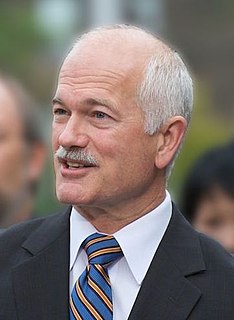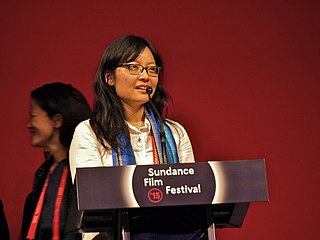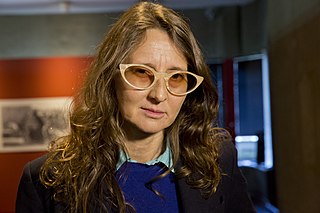A Quote by Deborah Harkness
A lot of our assumptions of the world are fairly cynical, fairly negative, and assume the worst. What our reading tastes show - in this rush to fantasy, romance, whatever - is that we actually still want to believe in a world of possibility, in a world of mystery.
Related Quotes
And finally, to all Canadians: Canada is a great country, one of the hopes of the world. We can be a better one – a country of greater equality, justice, and opportunity. We can build a prosperous economy and a society that shares its benefits more fairly. We can look after our seniors. We can offer better futures for our children. We can do our part to save the world's environment. We can restore our good name in the world.
The reason I'm interested in alternative worlds and near-future settings is that it allows us to look at our own limitations in our worldviews. These settings allow me to explore how our world might evolve if we allow individualistic kinds of success to remain our primary value. I'm not trying to be overly bleak, and I don't feel bleak or sad about our world. I want empowered and educated people who understand a lot about the world's challenges to strive to be noble, rather than cynical. I think we still need more champions out there.
There is a built-in mechanism by which we respond fairly strongly and fairly negatively to somebody who is being negative or to somebody who is simply disagreeing with us, in which case it's a very unhappy position for our brain to be in. Our brain does not want us to be wrong. Because that has very dire consequences in terms of our overall survival.
The systems of stereotypes may be the core of our personal tradition, the defenses of our position in society. They are an ordered more or less consistent picture of the world, to which our habits, our tastes, our capacities, our comforts and our hopes have adjusted themselves. They may not be a complete picture of the world, but they are a picture of a possible world to which we are adapted. In that world, people and things have their well-known places, and do certain expected things. We feel at home there. We fit in. We are members.
Phonogram was explicitly about our world. It’s a fantasy which is happening around us all, unnoticed except for those who’ve fallen into its world. In a real way, it’s real. Conversely, W+D is much more overt. The appearance of the gods changes the world, and has changed the world going back. There’s the strong implication that certain figures in our world simply didn’t exist in The Wicked And The Divine‘s world, because they were replaced by a god.
I don't try to take a person out of our world and put them into my world; that wouldn't work. It's sort of like bad Photoshop: If you see something Photoshopped together - and even if it's done pretty well - the eye catches on it. That happens a lot when people try to cut and paste people from our world into their fourteenth-century historical romance novel.
Our conduct has a direct influence on how people think about the gospel. The world doesn't judge us by our theology; the world judges us by our behavior. People don't necessarily want to know what we believe about the Bible. They want to see if what we believe makes a difference in our lives. Our actions either bring glory to God or misrepresent His truth.







































